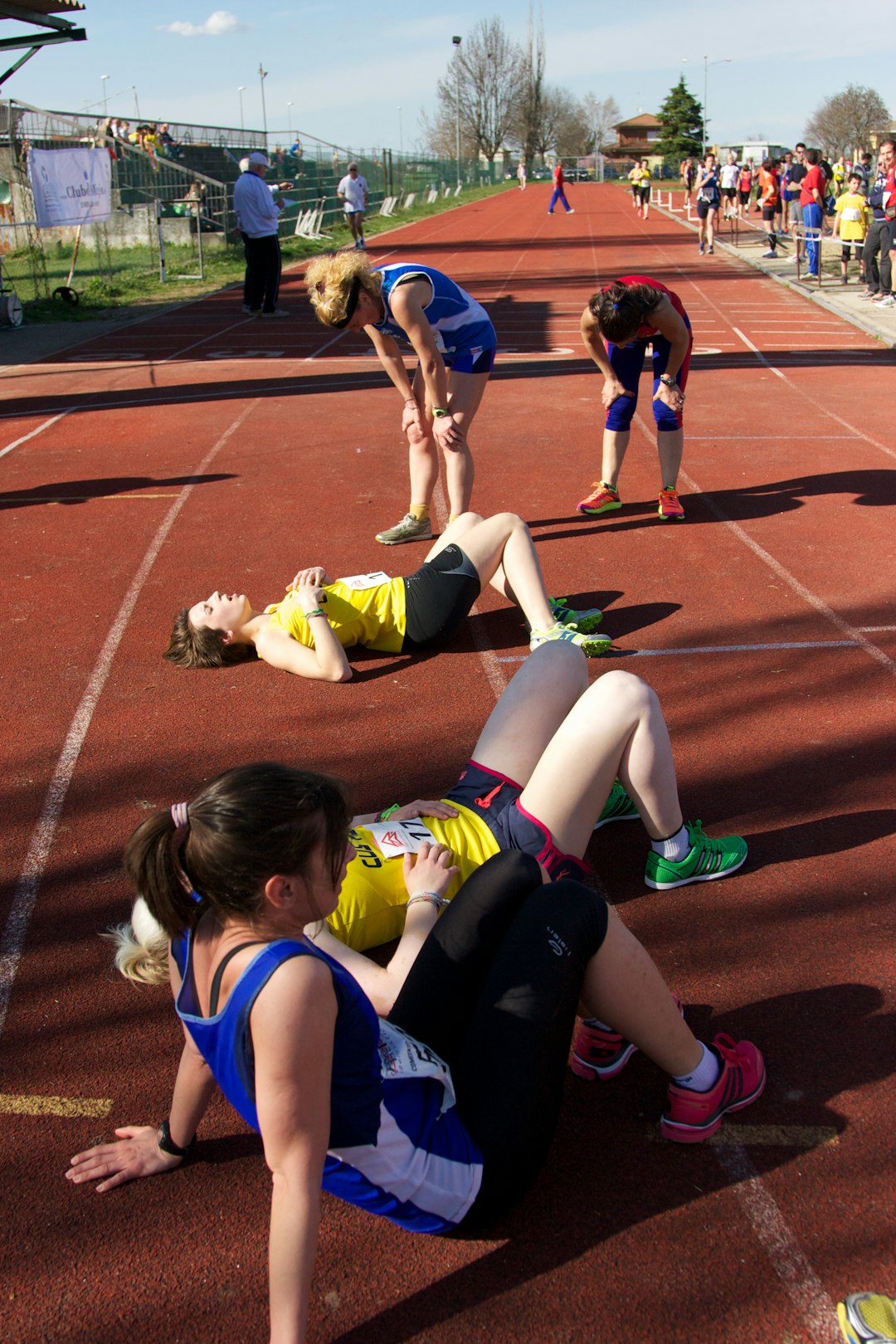Participating in sports is a great way to stay healthy and active. However, around 8.6 million sports-related injuries occur each year in the United States alone. Whether you are a professional athlete or just enjoy playing recreational sports, it is important to take steps to prevent common sports injuries. In this blog post, we will discuss some tips and strategies to help you stay injury-free while staying active.
1. Warm up properly:
One of the most important steps in preventing sports injuries is to warm up properly before engaging in any physical activity. A proper warm-up helps increase blood flow to the muscles, making them more flexible and less prone to injury. Spend 5-10 minutes doing some light cardio, such as jogging or jumping jacks, followed by dynamic stretches for the major muscle groups.
2. Wear the right gear:
Wearing the right gear is essential in preventing sports injuries. Make sure you have the proper shoes for your sport, as well as any necessary protective equipment such as helmets, pads, or braces. Ill-fitting or worn-out gear can increase your risk of injury, so be sure to replace or repair any damaged equipment as needed.
3. Listen to your body:
One of the biggest causes of sports injuries is overuse. Pushing yourself too hard or ignoring pain and discomfort can lead to serious injuries that can sideline you for weeks or even months. Pay attention to your body and don’t ignore any signs of pain, swelling, or discomfort. If something doesn’t feel right, take a break and give your body time to rest and recover.
4. Cross-train:
Cross-training is a great way to prevent sports injuries by strengthening different muscle groups and reducing the risk of overuse injuries. Incorporate a variety of activities into your fitness routine, such as swimming, cycling, or yoga, to give your body a break from the repetitive movements of your primary sport.
5. Stay hydrated:
Dehydration can increase your risk of sports injuries by impairing muscle function and reducing your body’s ability to regulate temperature. Be sure to drink plenty of water before, during, and after your workout to stay properly hydrated and energized.
6. Cool down properly:
Just as warming up is important before exercise, cooling down is essential after a workout to help your body recover and prevent injury. Spend 5-10 minutes doing some light cardio and static stretches to help loosen up tight muscles and prevent stiffness.
7. Get regular check-ups:
Regular check-ups with your doctor or physical therapist can help identify any potential issues before they become serious injuries. They can also provide guidance on proper techniques, training routines, and injury prevention strategies to keep you safe and injury-free.
8. Rest and recover:
Rest and recovery are key components of injury prevention. Give your body time to rest and repair itself between workouts, and be sure to get plenty of sleep to help your muscles recover and grow. Incorporate rest days into your training schedule and listen to your body when it tells you it needs a break.
9. Use proper form:
Using proper form is essential in preventing sports injuries by reducing strain on muscles and joints. Work with a coach or trainer to ensure you are using the correct technique for your sport, and practice good form during training and competition to minimize your risk of injury.
10. Gradually increase intensity:
Avoiding sudden spikes in intensity or volume can help prevent overuse injuries. Gradually increase the intensity and duration of your workouts to give your body time to adapt and reduce your risk of injury.
In conclusion, preventing sports injuries is essential to staying healthy and active. By following these tips and strategies, you can reduce your risk of common sports injuries and stay injury-free while participating in your favorite activities. Remember to warm up properly, wear the right gear, listen to your body, cross-train, stay hydrated, cool down properly, get regular check-ups, rest and recover, use proper form, and gradually increase intensity to stay safe and injury-free.


